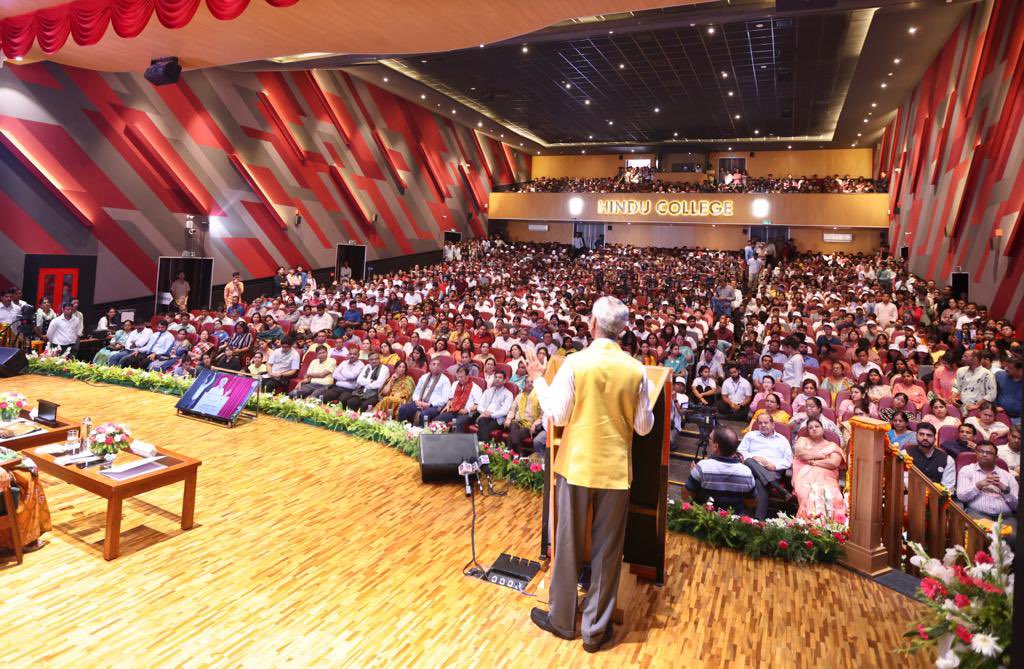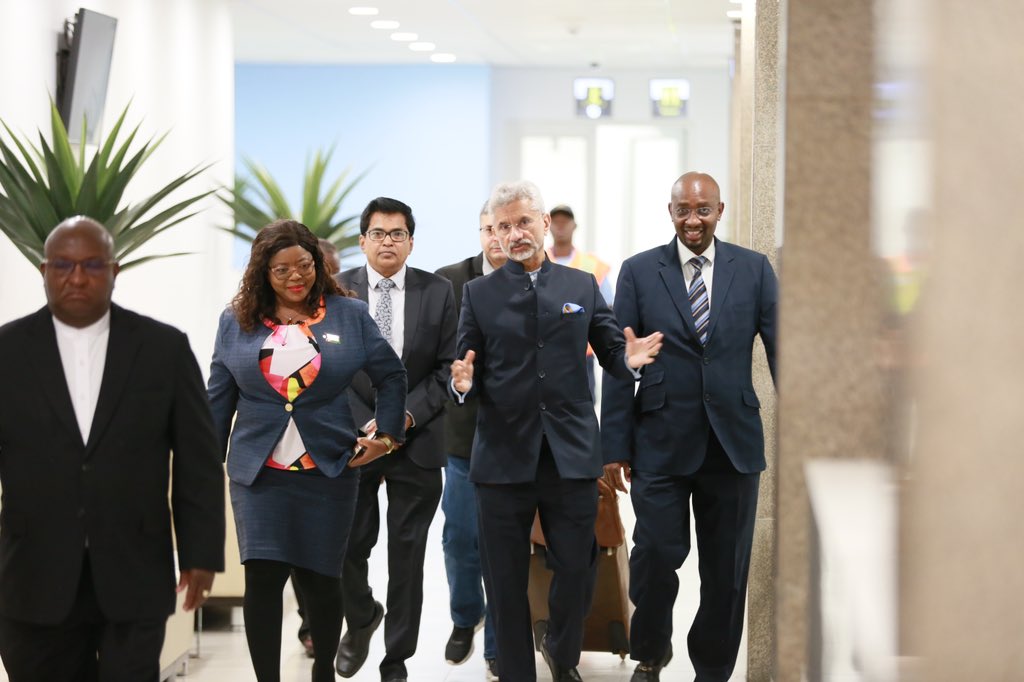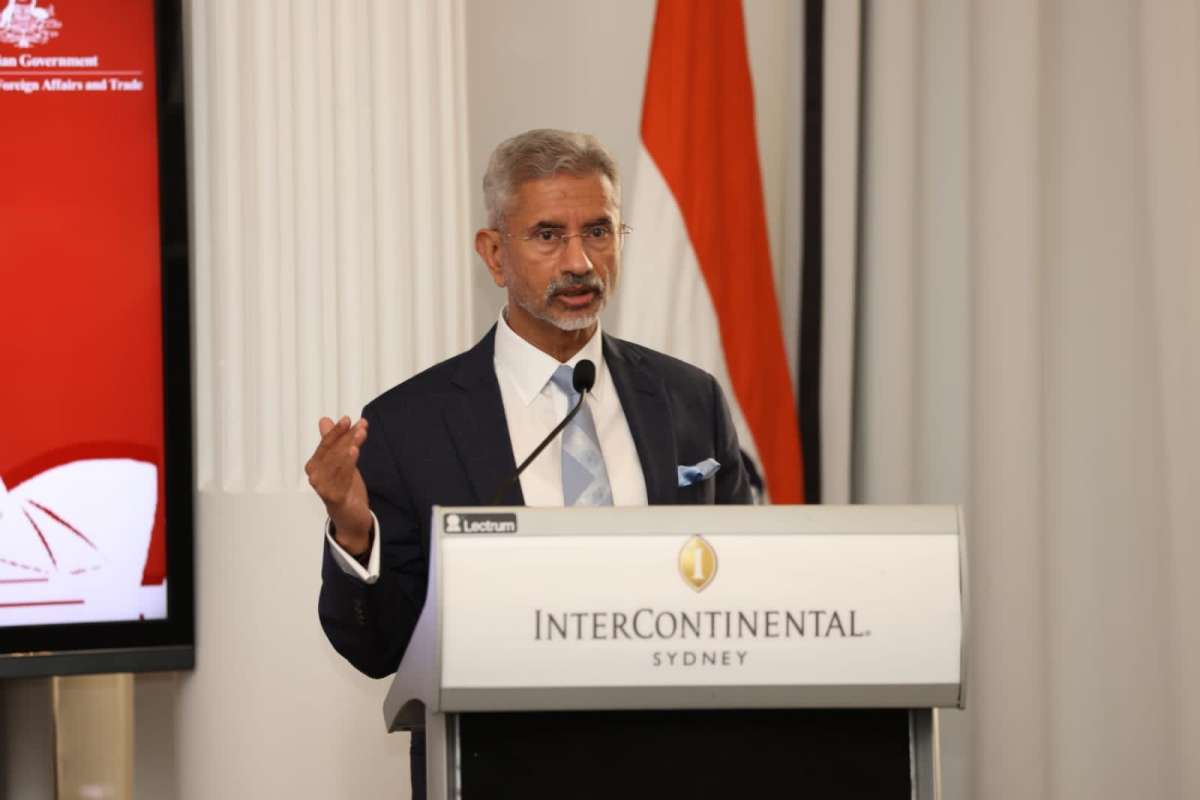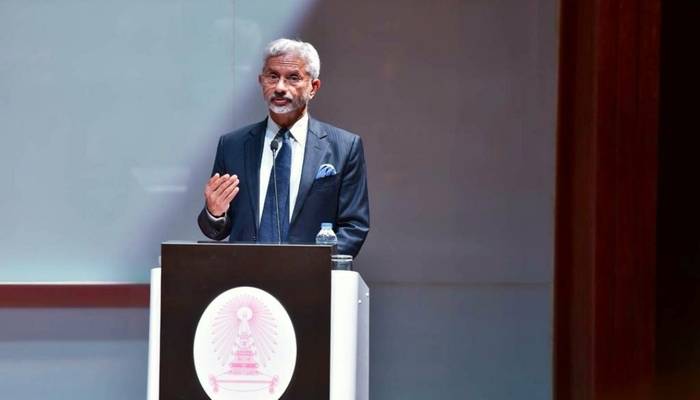He compared the five permanent members, who are vested with the veto power, with passengers sitting on the first row of a bus and not leaving their places…reports Asian Lite News
External Affairs Minister S Jaishankar on Thursday said keeping India out of the permanent membership of the United Nations Security Council will only call the credibility of the international organisation into question.
Speaking at an event at Delhi University, Jaishankar said the UN was formed in 1940 during the Second World War and had only 50 member countries at the time. However, the number of members now has increased by 4 times with about 200 countries as members, he added.
“The present United Nations architecture was formed in the 1940s. There were 50 member countries of the UN back then, and now there are more than 200 countries. So there will be changes,” Jaishankar said.
He compared the five permanent members, who are vested with the veto power, with passengers sitting on the first row of a bus and not leaving their places.
“There is not an equal representation in UNSC as there is no African country, Latin America and the world’s largest country in terms of population and the fifth-largest economy cannot be kept out of this and if it is kept out, there will be questions raised on the credibility of the United Nations,” Jaishankar said at the event.
“BRICS first time said that UNSC memberships should undergo a change. History is on our side, and the UN will change. Forces who are blocking it will keep trying but eventually, it will happen,” he added.
At the DU event titled ‘G20 Presidency & its Global Impact’, Jaishankar also weighed in on India’s G20 presidency and what makes it different. “The first reason is actually the chair. The fact is, India assumed the G20 presidency at a time when we are starting to matter more to the world. This is partly because of our economic achievements as we are now the fifth-largest economy in the world,” he said.
He added that India, today, is recognised as essential to the global workplace and the global talent pool. The EAM said India’s G20 presidency matters because it has “demonstrated a capability of helping other countries”.
“Therefore India’s presidency of the G20 has expectations and responsibilities, which are exceptional,” he said. India assumed the G20 Presidency on December 1, 2022, and will hold the chair till November 30, this year. The theme for India’s G20 Presidency this year is “Vasudhaiva Kutumbakam”, loosely translated to ‘One Earth, One Family, One Future’. The phrase has been drawn from the ancient Sanskrit text of the Maha Upanishad.
The G20 Summit will be hosted in the national capital over two days — September 9 and 10.(ANI)
ALSO READ-Jaishankar Questions UNSC’s Credibility Sans India




